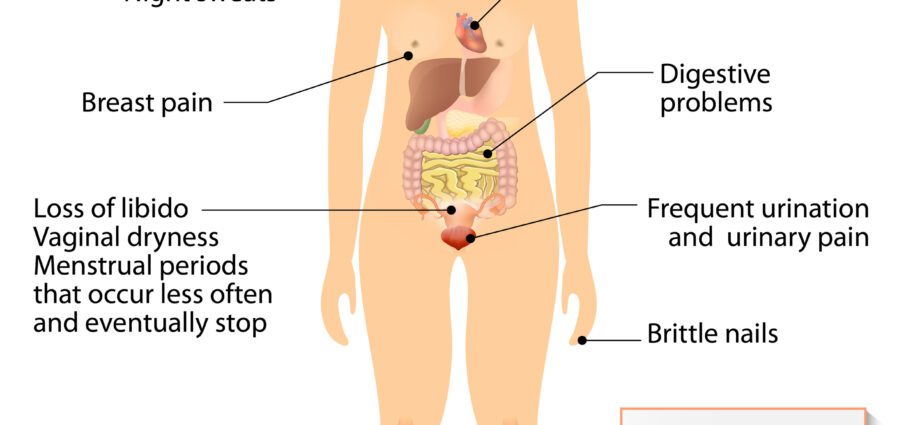Contents
Hot flashes
How do you recognize hot flashes?
Hot flashes are more common in women than in men. They are a physical disorder and can become really annoying on a daily basis.
Sometimes called “night sweats” or quite simply “sweating”, hot flashes result in a feeling of sudden and transient heat in the face and neck. They are usually accompanied by sweating and chills. Hot flashes are mainly due to hormonal imbalance and occur mostly at night, uncontrollably and variable.
What are the causes of hot flashes?
The causes of hot flashes are mainly hormonal:
- They can be caused in large part by menopause, which leads to hormonal upheavals. Estrogens (= ovarian hormones), which are involved in regulating body temperature, decrease and influence this regulatory mechanism. Menopause is a phenomenon that appears in women between 45 and 55 years old.
- Hysterectomy (= removal of the ovaries) causes the same hormonal changes as during menopause and can therefore be the cause of hot flashes.
- Pregnancy also induces hormonal changes which can cause dilation of small blood vessels under the skin, i.e. hot flashes.
- Hyperthyroidism can also cause sweating. In this specific case, the thyroid (= small gland located at the base of the neck secreting hormones essential for the proper functioning of the body) “works” excessively which leads to an overproduction of heat.
- Hypoglycemia can also lead to hormonal imbalance causing hot flashes. The level of sugar in the blood decreases and the body secretes a substance that increases sweating in order to counteract the lack of sugar.
- In breast cancer, chemotherapy and anti-estrogen therapy can cause early menopause accompanied by hot flashes.
- Man can also be affected by this problem at the time of andropause (= drop in testosterone level).
Apart from hormonal reasons, hot flashes can occur in the event of allergies, food intolerances, poor diet and lifestyle (spicy foods, caffeine, alcohol, salt, tobacco, etc.) or in the event of stress.
What are the consequences of hot flashes?
Night sweats affect the quality of sleep and can cause stress, fatigue, overwork, etc. They would also cause a feeling of embarrassment when the phenomenon occurs in society.
After a hot flash, cooling can be felt suddenly, causing discomfort in the temperature difference felt. In rare cases, there may be hypothermia (below 35 °) or fever (above 38 °).
What solutions to relieve hot flashes?
Several simple solutions exist to prevent or relieve hot flashes. It is advisable to practice regular physical activity, to avoid consuming excess alcohol, to avoid too spicy foods or to learn to relax.
Some treatments may be prescribed by a doctor in case of hot flashes due to hormonal imbalance. Acupuncture, homeopathy, herbal medicine or even meditation are also recommended methods to fight against sweating.
Hot flashes can be due to food intolerance or other illnesses like hyperthyroidism. In these cases, remember to contact your doctor.
Read also :What you need to know about menopause Our file on andropause Symptoms of pregnancy Our fact sheet on hyperthyroidism |










